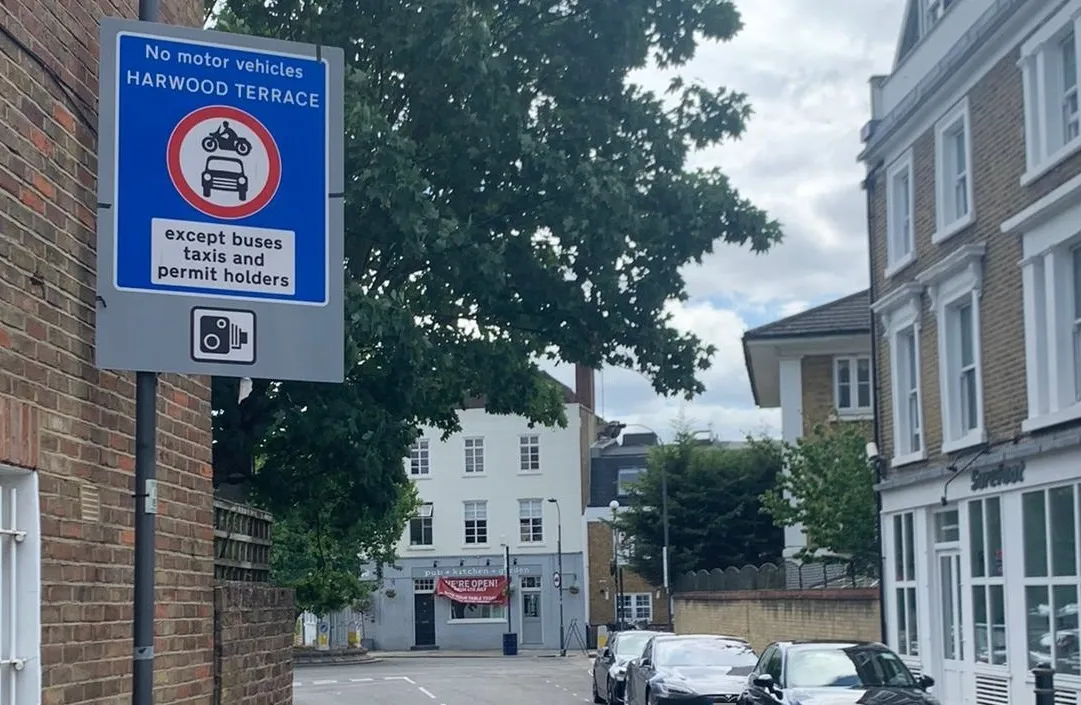Called AV Road Rules, the solution will allow users to validate and manage traffic rules and restrictions for these vehicles. The platform also creates a channel to communicate road infrastructure needs from HAVs back to transportation agencies to improve safety.
The company says the solution will allow cities and road authorities to digitise speed limits, crosswalks, school zones and stop signs to ensure vehicles comply with local guidelines.
The first US cities and road authorities to trial the platform include Austin, Boston, Cambridge, Portland and the Regional Transportation Commission of Southern Nevada, which includes Las Vegas. In the UK, Transport for West Midlands and Transport for Scotland are involved. Meanwhile, automakers and operators such as Jaguar Land Rover, May Mobility, NuTonomy and operators running Renovo’s Aware platform are also taking part in the pilot.
Inrix’s platform for HAV testing
Inrix says its new platform will help cities and road authorities communicate with operators for safe deployment of highly automated vehicles (HAVs) on public roads. Called AV Road Rules, the solution will allow users to validate and manage traffic rules and restrictions for these vehicles. The platform also creates a channel to communicate road infrastructure needs from HAVs back to transportation agencies to improve safety. The company says the solution will allow cities and road authorities to
October 17, 2018
Read time: 2 mins









